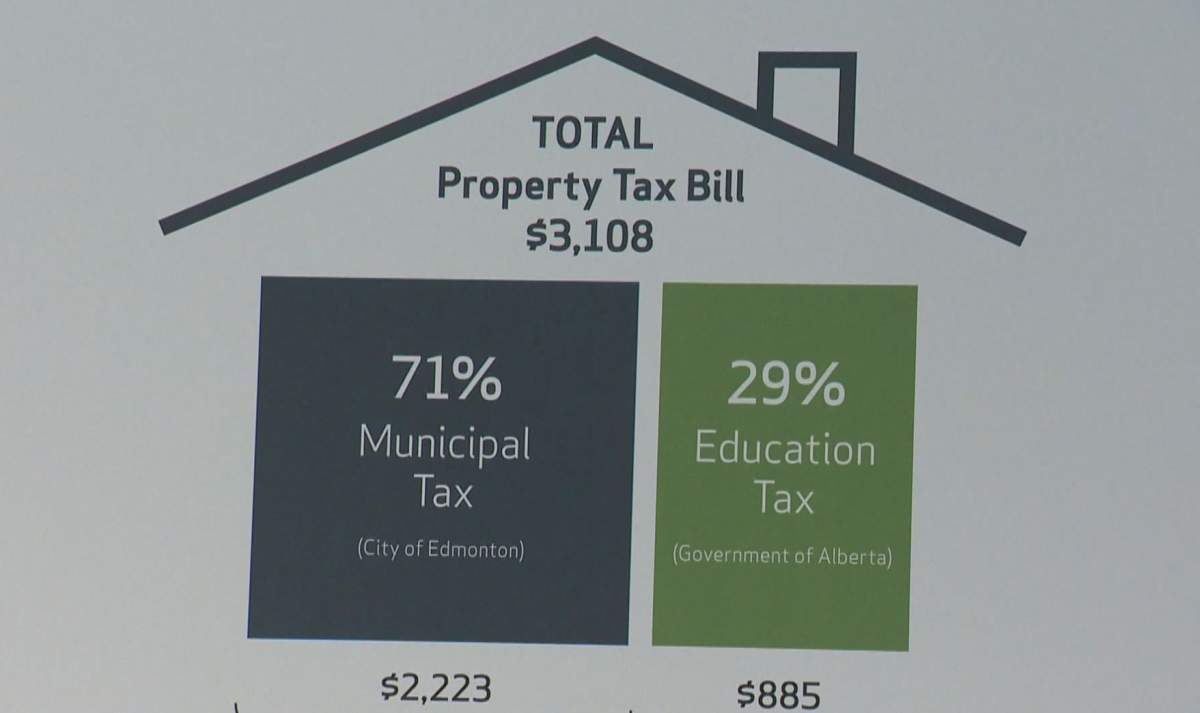As frustration grows among business owners, especially with the new group Prosperity Edmonton, behind the scenes work is gathering steam to provide city council spending alternatives when the next four-year budget cycle is put to paper later this year.

Councillor Mike Nickel said company after company are leaving to go outside of Edmonton proper because of costs. He pointed to the Ford distribution centre headed to Leduc County, one of half a dozen that can be documented. Even more are picking Parkland County.
“If you compare taxes, like you cross into the County of Leduc, it’s $1.50/sq ft difference just in rental rates. How are you supposed to keep this city afloat if everybody, commercially, industrially is jumping out?”
And he said why you should care is, if proportionately business pays less tax, you as a property owner have to make up the difference. “It’s become almost a crisis point, as the residential rate payer is paying more and more because we have less and less commercial and industrial with in our boundaries.”
In an email, the executive director of NAIOP, the commercial real estate development association provided some numbers. “Our research showed that the total taxes collected for non-residential properties (including business tax) in 2007 was $337M, and this has risen to a total of 724M in 2017 (+115%)!” writes Anand Pye.

Get daily National news
“Taxes are one of many different factors that lead companies to choose where to locate, but The City of Edmonton’s non-residential mill rate is now about 69% higher than the median mill rate in our surrounding municipalities.
NAIOP is one of eight business groups that earlier this month signed a letter to the mayor and city council urging them to have Edmonton’s taxes competitive.
The Edmonton Chamber of Commerce is using that data to help make its case said president and CEO Janet Riopel. “We’re finding that there is a differential here, a really unflattering differential in lots of different municipalities outside of the Edmonton area, with in the region.”
City finance staff are going through a service review of City operations. The chamber is trying to do the same, Riopel said. “It’s just a good practice. You have to continue to review what your offerings are, and what your costs are on a continual basis. Just like business does, we think government should be doing the same thing.”
Once the numbers are crunched, and ways are found to reduce costs, the Chamber will forward their results to city council ahead of when budget decisions are made.
“We can’t just come out to the public hearing and say, ‘here are all of the areas we think you need to look at.’ We’re intent on getting ahead of this curve and being a really concrete and productive and informative partner in this process.”










Comments